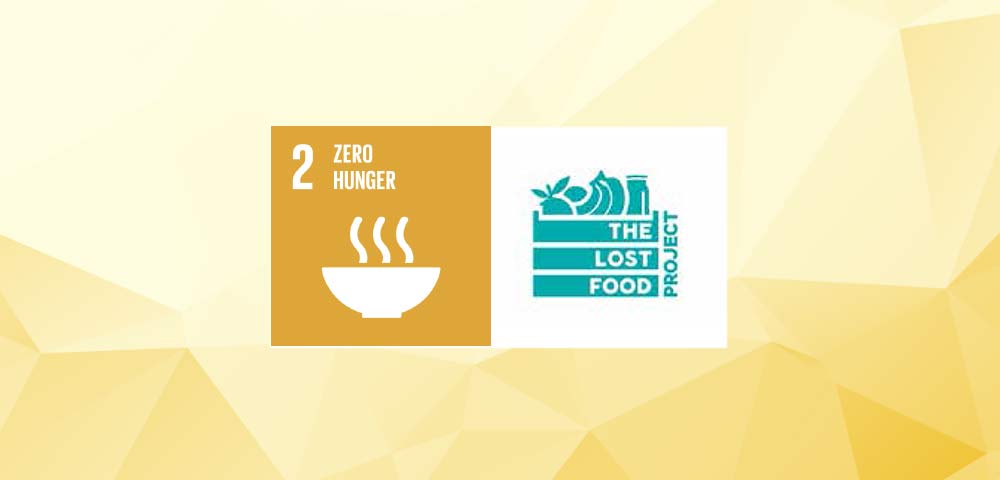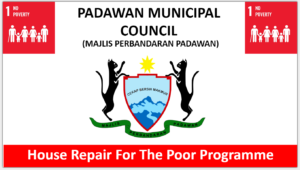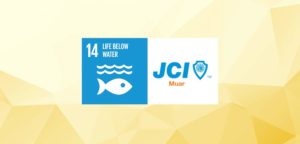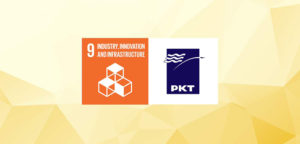The Lost Food Project is a registered society that rescues surplus (‘lost’) food and other non consumables and redistributes to the most vulnerable citizens in Malaysia. We have distributed approx 2 million meals and have saved over 1 million kgs of greenhouse gases from escaping into the atmosphere, causing environmental damage. The food and products we rescue are high quality. The majority is fresh fruit and vegetables or meat, milk and other fresh produce that deteriorates more quickly than processed foods.
We operate 6 days a week, targetting over 50 charities. We are non discriminatory in terms of who we give – including the elderly, disabled, orphans, stateless, indigenous orang asli, refugees, HIV, homeless, drug addicts.
In addition to the charities, 50% of our products go to the urban poor – living in low cost housing (called PPR units). we distribute to 4000 families every week. Our beneficiaries food bill has been reduced by as much as 50%. This allows them to spend money or other essentials like healthcare, basic clothing and the school bus costs.
Finally, we give educational talks and public awareness, explaining the consequences of environmental damage caused by food waste. We also have a monthly sustainability column in The Star newspaper.
Project Title:
Sustainable Foodbank : A Food Poverty Solution
The Lost Food Project is a registered society that rescues surplus (‘lost’) food and other non-consumables and redistributes to the most vulnerable citizens in Malaysia. The food and products we rescue is high quality. The majority is fresh fruit and vegetables or meat, milk and other fresh produce that deteriorates more quickly than processed foods.
In addition, to food we take other toiletries and washing aids to reduce inequalities and promote good health. We target over 50 charities every week and are nondiscriminatory to who we give, including the elderly, disabled, orphans, stateless, indigenous orang asli, refugees, HIV, homeless.
In addition, we focus 50% of our products to the urban poor of Malaysia who live in low cost housing (called PPR units). We distribute to 4000-5000 every week. The community feedback is that their food bill has been reduced by as much as 50% per month. This allows them to spend money or other essentials like healthcare, and education.
The inefficiency of the food supply chain is causing unnecessary pollution levels. The damage to habitats (especially in Malaysia) results in threats to species extinction.
The waste is not just volume of produce that is dumped in landfill – it costs individual thousands of ringgits annually, companies pay millions on disposal fees, and the government are paying billions annually on landfill and transportation costs of waste disposal.
We provide solutions to:
- No Poverty
- Zero Hunger
- Good Health & Well-being
- Industry Innovation
- Reduced Inequalities
- Sustainable Cities
- Responsible Communities
- Climate Action
- Life on Land
- Partnerships for the Goals
What impact has this project created in the community / nation?
All the international schools are very interested in what we are doing. We now have a big education component and a team to roll this out.In addition, we have a monthly column in The Star newspaper. Already we believe we have had international impact.How has this project help to advance the chosen SDG?We help reduce hunger & poverty by targeting the most neglected vulnerable members of society and giving food (and other essential items) for free. This reduces outgoings and frees money to be spent on education & healthcare. We are reducing inequalities. We also really focus on the environment. We have an education programme in schools and a monthly advocacy column in The Star newspaper to address sustainability issues and explain to the general public some of consequences of human behaviour that they may not be fully aware of.
The tagline for United Nations Sustainable Development Goals (UNSDGs) is “Leaving No One Behind.” explain how your project helps to realize the commitment of UNSDGs for the future.
“Leaving No One Behind” is almost a motto of The Lost Food Project (TLFP) as we make it clear within our workplace and outward-facing that we are non-discriminatory. We feed anyone who needs sustenance. Our priority is the most needy, whether they are elderly, orphans, HIV, refugees, stateless, homeless, disabled, Orang Asli etc etc. However, food redistribution could be a real possibility of bridging the nutrition gap between rich and poor, because industry and the supply chain dispose of so much (which is partly the fault of society’s demands).If we are smart and manage to rescue this waste at an early date (often we collect goods that have as much as 6-12 months of shelf life left) then it is obviously a neat solution to throwing food away, adding to the landfill problem – which costs the Malaysian tax payer billions of ringgits every year.




